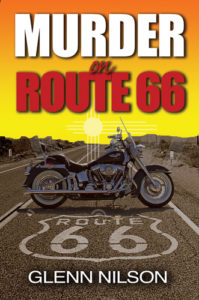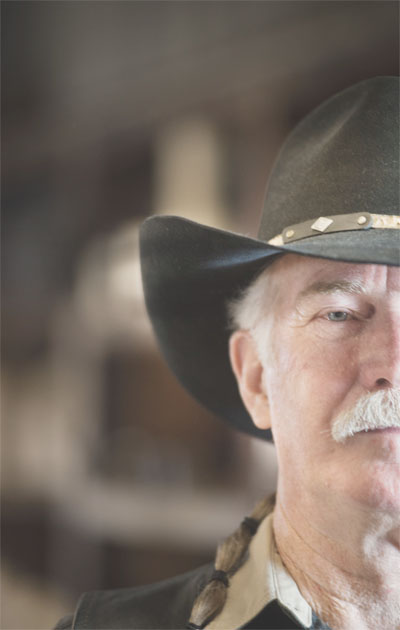It’s snowing today. Just showers, but snow nevertheless. Naturally, conversations with others are focused on the weather. The other day, I was sitting in the dentist’s office and overheard two people talking about the weather. Outside, it was rainy and cold, and one of the people said she liked rainy days. Her comment reminded me of a coworker in Los Angeles many years ago. She was from Portland, Oregon, a city with a reputation for considerable rainfall. My coworker’s approach was that you just dress for the rain and do what you want to do anyway.
The second person in the dentist’s office said she didn’t like rain, but she loved days that were windy, not hurricane windy, but with winds that were strong. Her comment made me stop and think as well. When I was growing up in northern California, I lived on a farm and always seemed to have reason to be outside, no matter the weather. I loved storm winds and remember clouds scudding across the moonlit sky, carried by strong winds. It was exciting, so much so I didn’t mind the pelting raindrops on my face, the cold, or the buffeting force of the wind against my body. I was skinny in those days, so maybe I should have feared being blown away. I didn’t, though.
When I lived in the Los Angeles area as an adult, I recall going out on the pier at night during the winter and embracing the winds off the ocean. I had crossed that ocean more than once while in the navy. I still thrilled to the excitement of faraway places those winds seemed to promise. I do today.
Of course, not all weather conjures up thoughts of adventure. Cold, wet and rainy days summon images of coffee shops, warm fires and a good book as well. Blustery, cold days stir thoughts of soups and stews, fresh baked bread, and hot, homemade pies in any cook’s heart, don’t you agree?
My series protagonist, Bobby Navarro, must have some of my love of winds and weather when he’s not actually on the road and exposed to the elements on his Harley. I think his enjoyment of cooking must include a repertoire of favorite dishes to match the weather like many of us as well. So, I assume rainy days carry a litany of images and memories for Bobby as well as me. How about you? Is the first snowfall exciting? Does a rainy fall day make you want to curl up with a good book, get something baking in the oven, or dress for the occasion and go outside?




